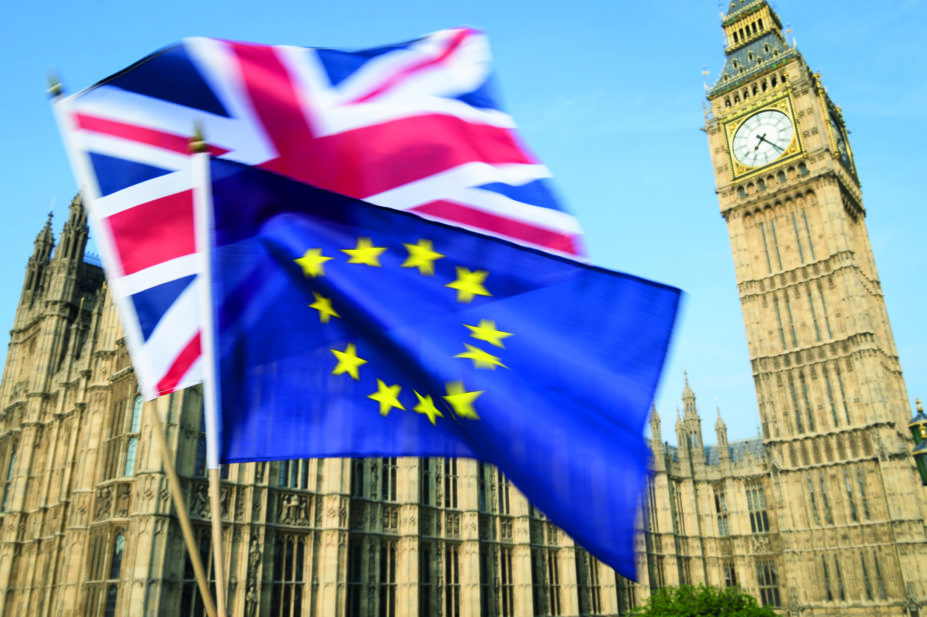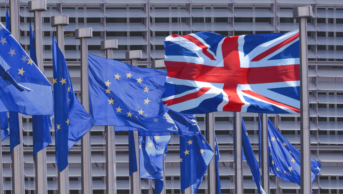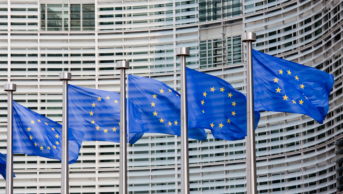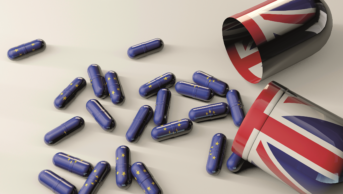
Shutterstock.com
The government has said it will “review its position” on drug stockpiles held in case of a no-deal Brexit after the UK agreed an extension to its date for leaving the EU.
Pharmaceutical companies said they wanted clarity on what will happen to no-deal Brexit medicine stockpiles that have been built up following the agreement that the UK may now not leave the EU until October 2019, more than six months after the original Brexit date of 29 March 2019.
Drugs manufacturers were asked to develop six-week stockpiles for a number of drugs to ensure a continuous supply in the event of a no-deal Brexit.
Following an EU leaders summit on 10 April 2019, an agreement has been put in place with the EU that could extend the Article 50 process so that the UK remains in the EU until 31 October 2019.
Mike Thompson, chief executive of the Association of the British Pharmaceutical Industry, said his members wanted to know what happens next.
“Companies are doing everything they can to protect the supply of medicines whatever the Brexit outcome. As part of this they have increased stocks of medicines in line with government guidance.
“With the extension of Article 50, we will work with government to consider how best to prepare and review whether current plans for a no-deal Brexit are still appropriate.”
Warwick Smith, director general of the British Generic Manufacturers Association, said: “We will work with the government and other stakeholders carefully to review the revised position. In the meantime, current guidance will remain in place.”
Meanwhile, Niall Dickson, co-chair of the Brexit Health Alliance — which represents the NHS Confederation, the Academy of Medical Royal Colleges, and many other healthcare bodies — said the end of the immediate threat of a no-deal Brexit was “a relief”.
“But of course the extension leaves that as one potential outcome, which means everyone involved in healthcare must continue to prepare for this possibility and keep contingency plans in place,” he said.
“We are now in a ‘phoney war’ and the risk is complacency — the system needs to assume we could crash out and do everything we can to make sure patients are protected if that happens.”
A spokesperson for the Department of Health and Social Care said: “Leaving the EU with a deal remains the government’s priority.
“We are considering the impact on our EU exit preparations and are working closely with our stakeholders to review our position.”


